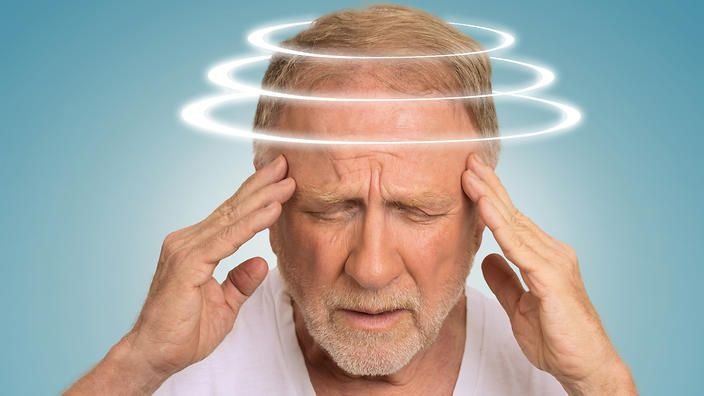Vertigo, or the sensations of spinning and dizziness, can limit a person's activities and make them feel sick. While medication is available to treat vertigo, it is not always necessary, especially when natural treatments can work just as well without side effects.
Vertigo is a feeling of dizziness and spinning, occurring with or without any movement. It is caused when the brain feels the body is off-balance even though it is not.
When feeling dizzy, a person should sit down immediately to reduce the chances of getting hurt if they fall.
Usually, vertigo is a symptom of an underlying medical condition or several different conditions. Sometimes, vertigo will only occur once, but for other people, it will reoccur until the underlying cause is determined.
Fast facts on vertigo:
- Symptoms can last anywhere from a few minutes to a few hours and may come and go.
- Treatment for vertigo will depend on the cause.
- Medication can relieve symptoms of dizziness, nausea, and motion sickness.
Symptoms
Vertigo may cause headaches, nausea, double vision, or changes in hearing.
In addition to causing a person feelings of being unbalanced or spinning, vertigo can lead to the following symptoms:
- nausea or vomiting
- abnormal eye movements
- Headaches
- sweating
- ear ringing
- Hearing loss
- Double vision
- lack of coordination
- arm or leg weakness


okay!